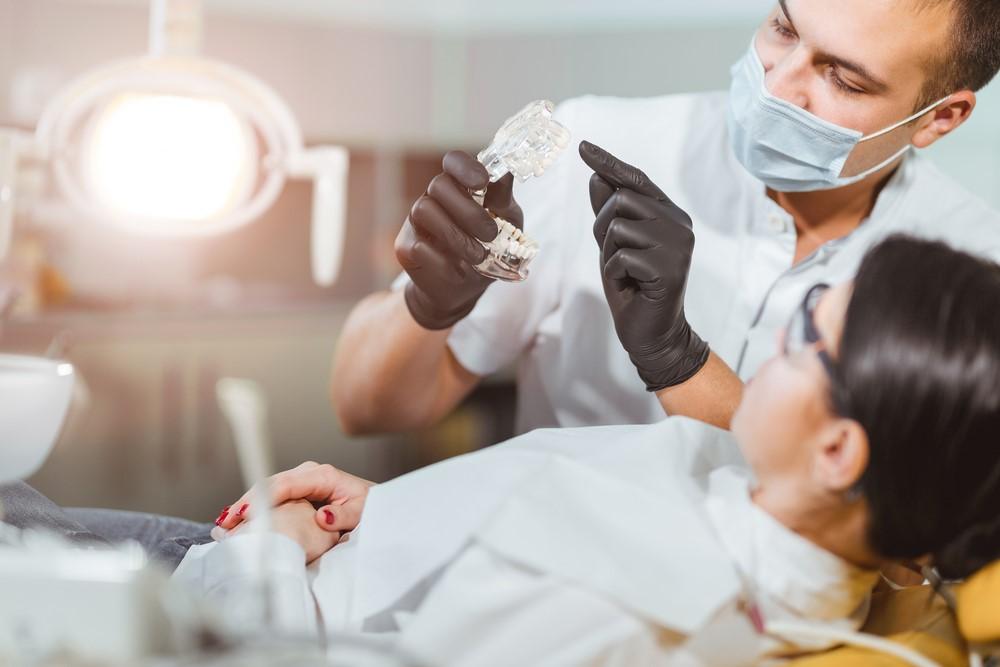
Far too many Oregonians — including tens of thousands of Oregon kids — don’t have access to basic dental care. More than 1 million Oregonians live in an area with a shortage of dentists.
This lack of access is having a critical effect on the oral health, and the overall health, of Oregon adults and children.
It doesn’t have to be this way. One model of oral health care I have been supporting during my last years in the Legislature is an evidence-based solution that has been used across the world for decades and has now been authorized in 11 other states. That solution: the licensing of dental therapists — primary oral health care providers who work under the supervision of dentists and have the education and specialized training to provide basic dental care like performing exams, filling cavities and extracting bad teeth.
In some cases, dental therapists would expand the offerings in a dentist’s office. In other cases, they would provide routine dental care in rural and other underserved parts of the state where there are few, if any, dentists.
I introduced a dental therapy bill during this year’s legislative session — Senate Bill 1549. As we wrote the bill, we were careful to study what has worked here in Oregon with a state-approved pilot project, and in other states. We made sure the legislation required appropriate supervision of each dental therapist by a dentist, and required oversight of dental therapists by the Oregon Board of Dentistry, just like other dental providers. The legislation allowed licensing of dental therapists only after they had received extensive education and hundreds of hours of clinical training.
But, during this very short legislative session, it was clear that more work needs to be done with stakeholders and legislators to understand the facts and evidence that support the proposal.
That is why I am putting together a work group of dental care, health-care, community-based and tribal organizations and others striving to solve this oral health crisis in our state. The group will work to clarify facts in response to questions raised during this session and recommend potential changes to the details of the proposed bill for the 2021 legislative session.
I am encouraged by my ongoing conversations with constituents and stakeholders that we will be able to meet the foundational goal of ensuring this new law works best for the many Oregonians who direly need this care, and for those who want to provide that care for their communities.
To do that, we will make sure the legislation meets important objectives. We must ensure:
that the approved programs for educating dental therapists are accessible and high quality. We can do that by using the standards set by the Commission on Dental Accreditation, the body that accredits dental, dental hygiene and dental therapy programs across the U.S.
that supervision of dental therapists allows for providing appropriate care both in and outside of a dental clinic.
that dental therapists can work within the full scope for which they were educated.
that dental therapists working under the Oregon Dental Pilot Project Program have a pathway to licensure that ensures continuity of care
that Oregon creates a thriving workforce from and for people living in our rural and underserved communities.
As I look forward to my legislative retirement this year, and look back at my accomplishments as a legislator working for health care for my district and all of Oregon, I cannot think of a better way to dedicate the upcoming months than to advance this solution of dental therapy. It can be instrumental in turning the tide on oral health disparities in my state.
Oregon Sen. Laurie Monnes Anderson, a retired public health nurse and manager, represents Senate District 25, which encompasses Fairview, Gresham, Troutdale and Wood Village. She can be reached at [email protected].